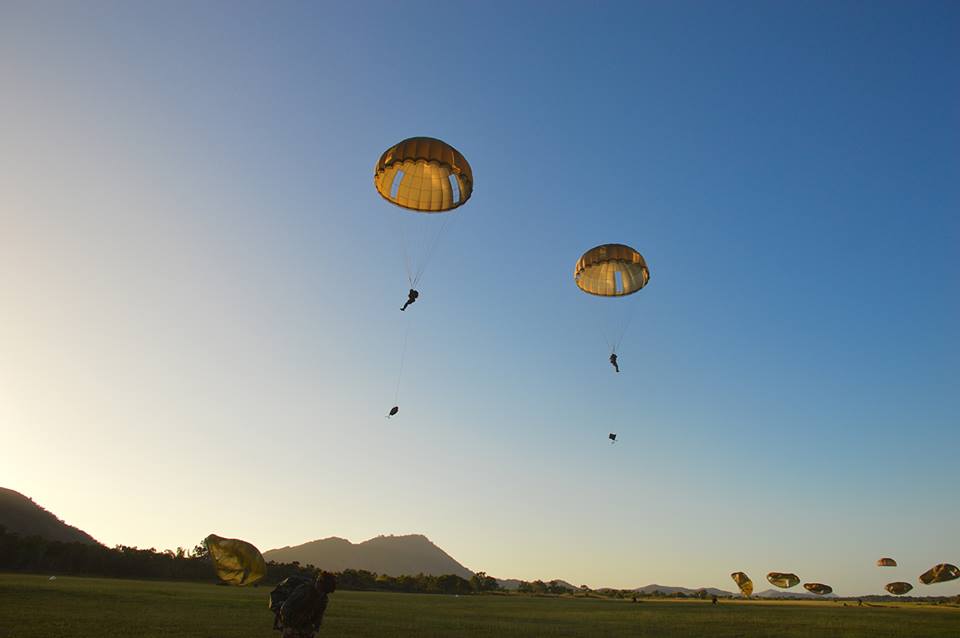Forest fires: red alert in Brussels
(B2 archives) A small office in one of the buildings of the European Commission, avenue Beaulieu in Brussels. Even if the walls are not full of shocking photos, here, Europe is above all concrete
24 hour standby
Earthquakes, sinking of an oil tanker, chemical explosion, the twenty or so civil servants who make up the civil protection unit of the DG Environment must respond to any request for reinforcement from a European or even foreign country. Created after a series of disasters — the sinking of the Erika, the violent storms, the pollution of the Danube — the crisis unit of the European Union works according to the principle dear to the musketeers, 'One for all! All for one'. This 24 hours a day.
Fire emergency!
Last Monday, it was several minutes past 20 p.m. when the European Commission's security service (to which calls are diverted outside office hours) received the request for assistance from Codisc, the operational security center French civilian. The urgency of the moment: air resources. The 'civil protection' unit immediately relayed the call to the 30 European countries that are part of the network. Italy is the first to respond. A helicopter takes off quickly for Corsica. Greek and Spanish planes follow. Destination: Marignane, the air base for firefighting.
Solidarity plays full
They will be quickly joined by several German Puma helicopters. The Norwegians also offered to help. But the discussion is more difficult. Unlike their counterparts, who provide the means without financial compensation other than the normal support of flight costs and the travel of personnel, the Nordics are tougher in business or... less supportive!
A cell gradually ramping up
Created after a series of disasters in 1999-2000 — the sinking of the Erika, violent storms, pollution of the Danube — the cell took over from a looser information system set up in 1991. is the attack of World Trade Center in New York in 2001 which will serve as a trigger. A few weeks later, the center was created, according to the principle dear to the musketeers: 'All for one'. Each European country, from Estonia to Portugal via Ireland or Greece, can call on this unit when it has to deal with a major disaster or one requiring specific resources.
The first civil security intervention force in the world
Because Europe, when we add up its firefighters, its diverse and varied equipment and its experts of all kinds, represents the first civil security intervention force in the world. Faced with the forest fires ravaging the south, France above all needed air resources. As soon as asked, the answer was not long. Italians, Greeks and Spaniards were ready to provide the means. Germans and Norwegians too. German helicopters should also quickly join the theater of operations.
The long term under study
So much for the emergency request. But at the European Commission, we are also studying the longer term. In the office of Commissioner Michel Barnier, in charge of regional policy, we are examining how the structural funds could be used to rebuild.
(Nicolas Gros-Verheyde)
Completed version of the article published in France-Soir, July 2003
